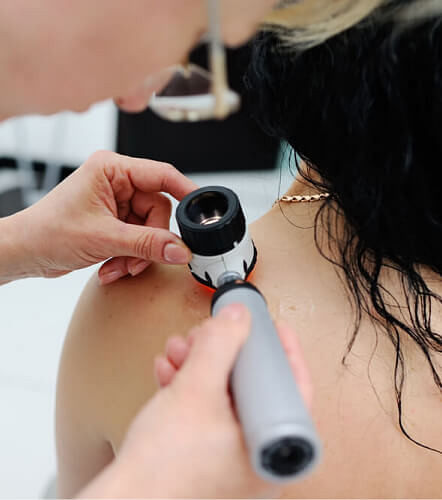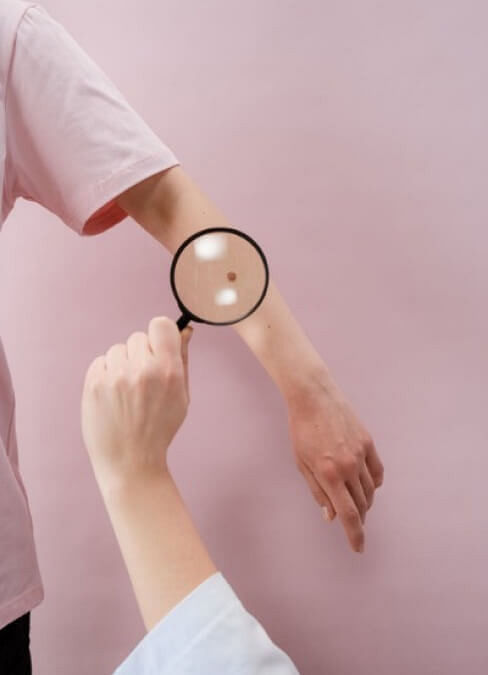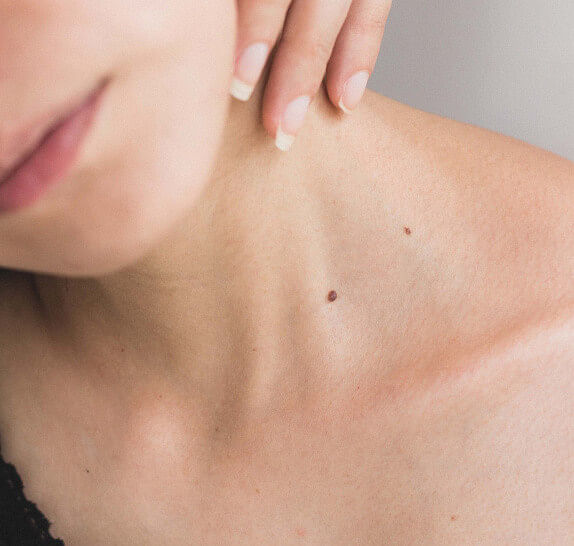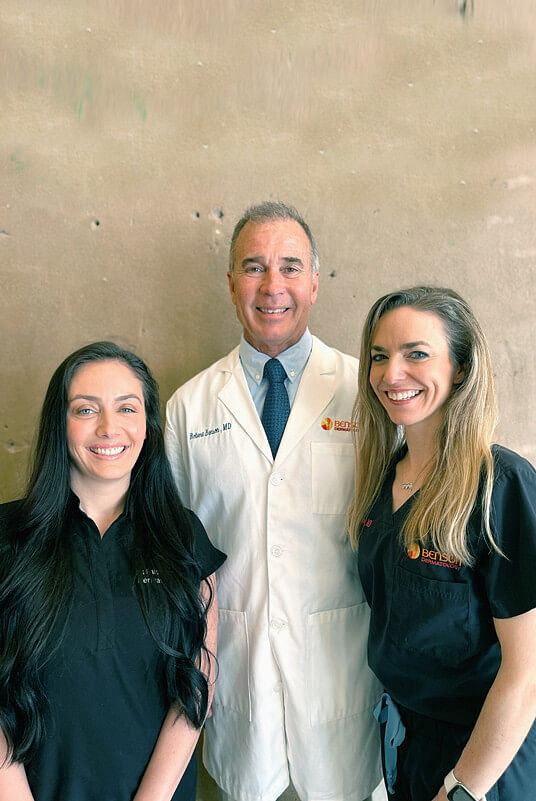


Skin cancer is by far the most common cancer of mankind, but it is also among the most preventable of all cancers.
Prevention begins in early childhood with the avoidance of direct exposure to the sun's harmful ultraviolet rays and with the diligent use of sunscreens made for children. As the opportunity for outdoor activities increases as the child ages, sound advice and good habits regarding the use of sunscreen and moderate sun exposure are the responsibility of parents, caretakers, teachers, and medical professionals.
In addition, the incredible dangers of artificial tanning beds drastically increase the chance of melanoma—one of the most lethal skin cancers—and must be continually emphasized. The very first event that must take place in order for a golden brown tan to appear is DNA damage. That's right—DNA damage is what makes the skin turn brown! Whether by sunlight or tanning beds, there are no safe tans.
Over time, as large amounts of DNA damage accumulate in the skin of adults, precancerous growths and overt skin cancers begin to appear.
They come in many shapes, textures, and colors, but they all share one important trait—if detected early, most are easily eliminated forever. If ignored and left to grow, they may ultimately lead to the need for extensive, deforming surgery or even to death. Skin cancers frequently do not bother the patient with itching or pain but quietly just grow and spread without drawing any attention. The safest way to prevent such harmful growths is to have a periodic "spot check" by a board certified skin specialist who is experienced in skin cancer detection and treatment.

What are the signs of a suspicious growth?
Any spot which displays the following signs should be examined by a specialist:
- Has been present for longer than a month
- Remains irritated or bleeds
- Has an asymmetrical shape
- Is itchy or inflamed
- Has irregular borders
- Has multiple shades of color
- Has grown in diameter
- Has become raised
- Shows changing color, especially towards darker shades
- Appears differently than the other moles on your body

Board certified dermatologists Dr. Robert Benson, Dr. April Sanchez, Dr. Falon Brown, Dr. Jessica Wilson, and Dr. Nick Frank with the expert staff of nurse practitioners and physician assistants at Benson Dermatology are committed to effective skin cancer prevention, detection, and treatment. Your skin and health are important to us. If you have questions about any form of skin cancer, have a changing mole, or are interested in having a “spot check,” please contact our Ponchatoula, Covington, Amite, or Walker office. We are dedicated to serving the Northshore, New Orleans, and Baton Rouge. Contact us today!
Removal is quick, virtually painless, and usually leaves no scar at all or one that is barely visible.*

Request An Appointment
Give us a call or fill out the form below, and we will be in touch to finish scheduling your appointment! Your journey to clearer, healthier, more radiant skin starts here.
Our Locations
Ponchatoula
Dermatology Clinic
180 N. 5th St.
Ponchatoula, LA 70454
(985) 370-7546
Covington
Dermatology Clinic
190 Greenbriar Blvd. #103
Covington, LA 70433
(985) 898 7999
Amite
Dermatology Clinic
309 West Walnut St., Suite A
Amite, LA 70422
(985) 370-7546


